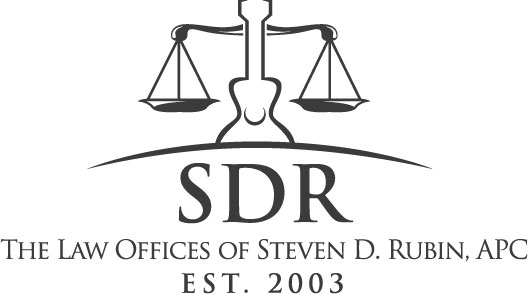I am often asked by clients what are the differences between corporations and limited liability companies in California. As you might imagine, the differences are too numerous to cover in one short newsletter article. That said, among the characteristics that distinguish limited liability companies from their corporate counterparts, is the enormous flexibility that limited liability companies provide their owners to craft the relations between the owners themselves, and between the owners and the limited liability company. For the remainder of this article I will refer to a limited liability company as a “LLC” or in the plural as “LLCs.”
Whether addressing management and operating control, distributions of available cash, or allocations of tax attributes, LLCs are enormously flexible. This allows the owners of the LLC wide latitude to craft their respective rights, duties and obligations, and rewards, for participating in the underlying business of the LLC. The place where all of this flexibility plays out is in the Operating Agreement for the LLC.
What is the “Operating Agreement?”
California Corporations Code Section 17001(ab) states that “Operating Agreement” means any agreement, written or oral, between all of the members (owners) as to the affairs of a LLC and the conduct of its business in any manner not inconsistent with law or the articles or organization. Let’s parse the foregoing sentence. The articles of organization can be, and in my experience often are, the bare minimum required to establish the LLC. In other words, in my practice, most articles of organization leave everything to “the law” as far as the members’ relations to each other and to the LLC, rather than spell it out in the articles of organization. So this begs the question, what is the law? Without further adieu, let us look at Corporations Section 17005.
Corporations Code Section 17005:
Subdivision (a) states that except as provided in subdivisions (b) and (c), relations among members and between the members and the LLC are governed by the articles of organization and operating agreement. To the extent the articles of organization or operating agreement do not otherwise provide, this title (i. e., the default provisions of the Corporations Code) governs relations among the members and between the members and the LLC.
Subdivision (b) states that the effect of the provisions of this title (i. e., the Corporations Code) may be varied as among the members or as between the members and the LLC by the articles of organization or operating agreement, provided, however, that the provisions of Sections 17059, 17103, 17104, 17152, 17154, and 17155 may only be varied by the articles of organization or a written operating agreement. Notwithstanding the first sentence of this subdivision, neither the articles of organization nor the operating agreement may (now pay close attention because the following four areas cannot be varied by the Operating Agreement):
(1) Vary the definitions in Section 17001, except as specifically provided therein.
(2) Eliminate the right of a member to assert that a provision in the operating agreement governing the termination of that member’s interest and the return of that member’s contribution was unreasonable under the circumstances existing at the time the agreement was made.
(3) Vary the voting requirements or voting rights set forth in subdivision 17103(b) (the articles of organization may not be amended by less than a majority vote) and subdivision 17103(c) (the members shall have the right to vote on dissolution or merger of the company).
(4) Vary a member’s rights under Sections 17106 and 17453 (information and inspection rights of members).
Subdivision (c) states that the provisions of Chapter 2 (Formation of the LLC), Chapter 8 (Dissolution of the LLC), Chapter 10 (Foreign LLCs), Chapter 11 (Class actions and Derivative actions), Chapter 12 (Mergers of the LLC), and Chapter 13 (Dissenting members rights) may be varied by the articles of organization or by a written operating agreement only to the extent expressly provided in those chapters.
Subdivision (d) states that the fiduciary duties of a manager to the limited liability company and to the members of the LLC may only be modified in a written operating agreement with the informed consent of the members.
Subdivision (e) states that the presence in certain provisions of this title of the words “unless otherwise provided in the articles of organization or operating agreement” or words of similar import does not imply that the effect of other provisions may not be varied as among the members by the articles of organization or operating agreement.
Subdivision (f) states that if any provision of the articles of organization conflicts with one or more provisions of a written operating agreement, the articles of organization shall control.
A Close Look:
So, a close look at Corporations Code Section 17005 reveals, that with the exception of the issues addressed by subdivision (b), items (1) through (4), the members, in a carefully crafted Operating Agreement, are largely free to arrange their affairs as between the members, or as between a member and the LLC, in any way they choose. In fact, if the members do not enter into an Operating Agreement, the last sentence of Subdivision (a) makes clear the Corporations Code will do this for them (i. e., the provisions of the Corporations Code will by default become the “de facto” Operating Agreement of the LLC).
If you combine the above flexibility with the ability of an LLC to choose whether to be taxed as a partnership or a corporation, to allow special allocations of items of income, loss, gain, deduction and credit, to have multiple classes of members each with different rights and preferences (not permitted by “S” Corporations), and limited liability of its members for debts of the LLC (not the case with a general partnership), you have a very flexible entity indeed.




